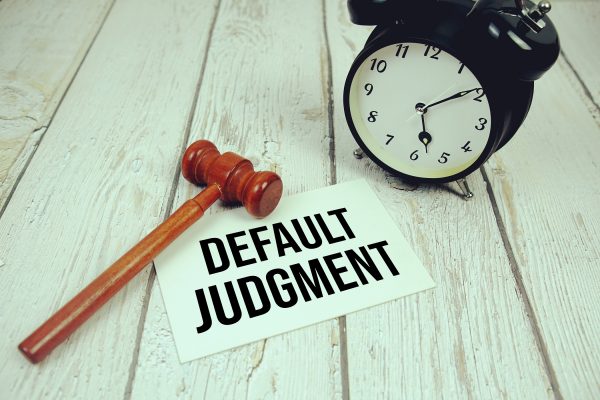A question that we regularly get asked is, ‘‘I’ve got a judgment against me. Will this affect my credit rating?’’
Obviously, any judgment or CCJ (county court judgment) as others refer to it, can affect your credit rating, but not instantly, and not at all if the correct steps are taken.
It is the Registry Trust that logs CCJs on credit files, and we contacted them to get this confirmation straight from the horse’s mouth.
A judgment in default is obtained if the defendant fails to take certain steps throughout the course of legal proceedings. This can be failing to enter an Acknowledgement of Service in time, usually within 14 days of service, or failing to enter a Defence in time, which is 28 days from when the Acknowledgement of Service was entered. It can also be issued if a document is ordered by the court and the deadline is missed.
If a judgment in default is issued, a CCJ is recorded immediately on the relevant credit file, and this is why we sometimes get calls from clients saying that one of their suppliers has told them there is a CCJ against them. Perhaps court papers were not received, and so a judgment in default was automatically entered and logged on the client’s credit file.
If there is a judgment following a court hearing, then this only becomes a CCJ on a credit file if the claimant enforces it.
Our advice remains that if our clients get a judgment awarded against them in court, they should pay within a calendar month to avoid a CCJ going on their credit file.
CCJs can only be removed from a credit file if they are paid within a calendar month or an application is made and the court agrees the CCJ should be set aside.
If a CCJ is paid after a month, then it will stay on the relevant credit file for six years but be marked as satisfied. However, it is likely to affect the person/business’s credit rating.
It is possible to have a judgment removed from the register entirely if the judgment amount is paid in full within a calendar month from the date of judgment.

We cover roles within all departments and sectors of the Automotive industry, and are here to listen to your specific needs and find the most suitable candidates to fit your business.
Either the payee or the claimant can contact the court providing proof of payment. Once the court notifies the Registry Trust that a judgment has been cancelled, they will remove the judgment from their register and notify the credit reference agencies to also remove the judgment from their files.
So remember, time is of the essence. It is always best to contact Lawgistics immediately if you receive a judgment that you were unaware of, and we can advise how best to deal with it.








